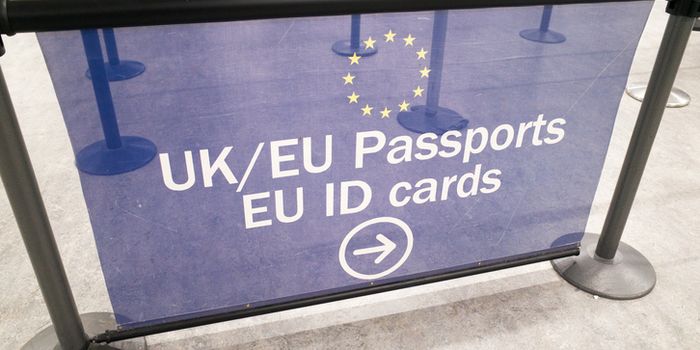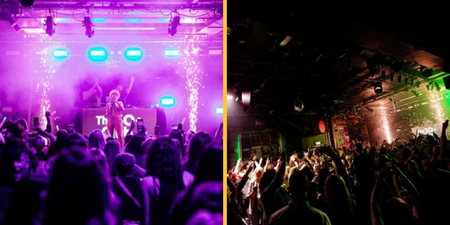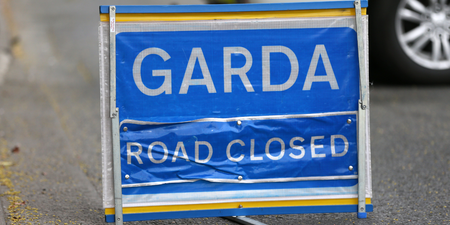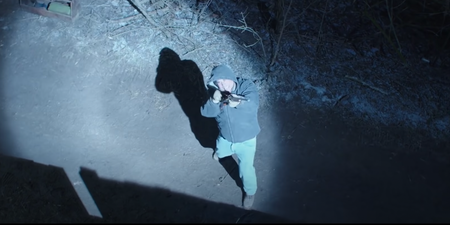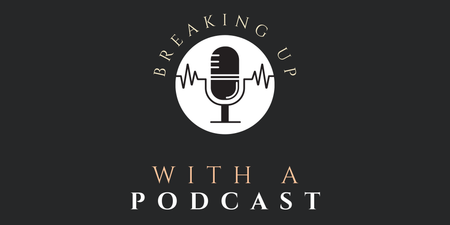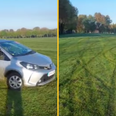Direct contact was found to increase a positive view on immigration.
Ireland’s attitude towards immigration has become more negative since the recession, a new study by the ESRI has revealed.
The research paper, titled Attitudes to Diversity in Ireland draws on a survey of attitudes from the European Social Survey, which was collected since 2002, and has found that Irish-born people’s view on immigrants and immigration is below the Western European average.
The attitudes of Irish people have varied significantly over time and major factors depend on the ethnicity of the migrants, the respondents’ education and financial security and the level of contact they have with people from different ethnic backgrounds.
Published by the ESRI and the Irish Human Rights and Equality Commission, some of its major findings include:
- Attitudes towards migrants have been impacted by the recession and recovery. The positive perception of immigrants’ contribution to the economy increased between 2002 and 2006, before decreasing in 2008 with the onset of the recession. The most negative attitudes towards migration were registered in 2010, with attitudes becoming more positive as the economic outlook improved.
- Attitudes vary towards specific groups, with 58% of respondents supporting immigrants from the same ethnic group as the majority of the Irish population. However, only 41% were supportive of Muslims, Roma migrants only had 25%, both of which are lower than the average for the ten other Western European countries surveyed.
- Frequent contact with people from different ethnic groups is directly associated with positive attitudes.
- One in four Irish-born people contact someone from another race or ethnicity daily, while 58% would have weekly contact.
- There is no statistically significant difference between the attitudes of people of different ages or between urban and rural areas when it comes to support for immigration.
- There is also no clear link between life or right wing political views and support as can be seen in other European states.
- Under half of adults born in Ireland believe some cultures to be superior to others, while 45% of people believe some races are born harder working than others. Both of these figures are above the European average measured in ten other States.
Commenting on the paper, Emily Logan, Chief Commissioner of the Irish Human Rights and Equality Commission said:
“To support an integrated society, it is important for us to know how people in Ireland feel about changes in the population, and to understand the kind of social, economic and cultural factors which influence attitudes to diversity.
“This report offers an understanding of the prevailing attitudes to diversity and how those attitudes are formed, and will help the Commission in its mission to build a fair and inclusive society that protects and promotes human rights and equality.”
Lead author of the report, Frances McGinnity of the ESRI stated: “Attitudes to minority groups are important as they can influence behaviour like recruitment decisions and voting, as well as how welcome minority groups feel.
“Given recent negative public debate about immigration in parts of Europe and the US, the ongoing monitoring of attitudes to migrants remains important as an indicator of the challenges that need to be addressed in order to support migrant integration and social cohesion in Ireland.”
The full paper can be read here.
LISTEN: You Must Be Jokin’ with Aideen McQueen – Faith healers, Coolock craic and Gigging as Gaeilge
